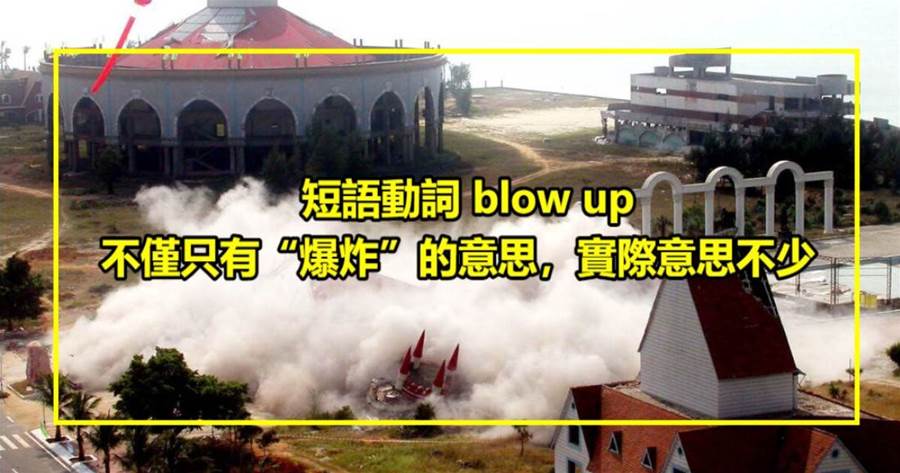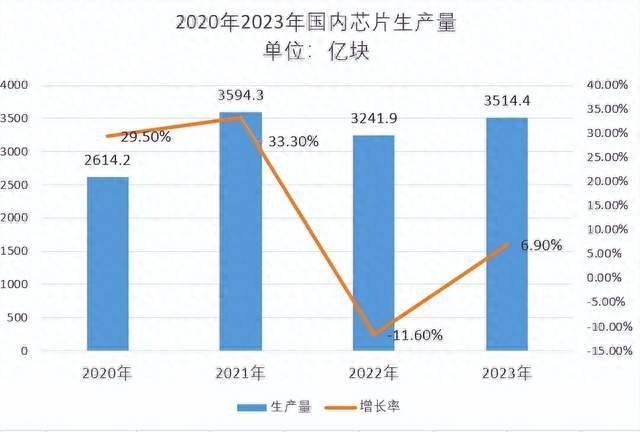

在英語中,blow 原本的意思是「吹」,它可以表示從嘴巴送氣出來,如 blow hard,意為「用力吹」,也可以表示風或氣流的流動,此時常用「空」主語 it,如 it was blowing hard,意為「刮著大風」,等等;例如:
The police officer suspected I had one too many and asked me to blow into the breathalyser.
警察懷疑我喝酒了,讓我往呼吸分析儀里吹氣。
然而在實際應用中,blow 的意思遠不止這些,其中很大一部分被用作比喻,如意為「泄密,揮霍,浪費」等,因為「風」可以刮走很多的東西,造成不同的后果,例如:
He inherited over a million dollars and blew it all on drink and gambling.
他繼承了一百多萬元,全部揮霍在飲酒和賭博上了。
She blew her chances by arriving late for the interview.
她面試時遲到,結果錯過了機會。

在短語動詞方面,blow 也有很多的用法,其中比較常用的有兩個,一個是 blow out,意為「被熄滅,吹滅」等,例如:
The door blew open, and the birthday candles blew out.
門被吹開了,生日蠟燭也被吹滅了。
All of a sudden, a gale blew out all our torches.
突然,一陣大風把我們所有的火把都吹滅了。
第二個是 blow up,它常見的意思是」爆炸「,例如:
Hundreds of people got killed after the bomb blew up.
炸彈爆炸后,數百人喪生。

然而,在實際應用中 blow up 還有更多的用法,這也是短語動詞難學的一個很重要的原因,有些短語動詞的用法甚至超過了動詞本身,如 pick up 的用法有幾十種,總有一種你沒用過的。Blow up 還有以下意思:
一、blow up,意為「爆發」,例如:
A storm was blowing up.
暴風雨大作。
二、blow sth up,意為「炸毀」,例如:
Half of the members of the board agreed to blow up that old apartment building and replace it with an adventure playground.
半數董事會成員同意炸毀那棟舊公寓樓,并用冒險樂園取而代之。
三、blow sth up,意為「給某物充氣」,例如:
One of my bike tires needs blowing up.
我的一個腳踏車輪胎需要充氣。

四、blow sth up,意為「夸大,夸張」,例如:
The plot was completely blown up, and it‘s almost impossible to follow.
情節被完全夸大了,幾乎叫人不明所以。
五、blow sth up,意為「放大(照片)」,此時常用它的名詞形式 blow-up,例如:
Kelly sent a blowup of their wedding picture to all her relatives.
凱利把他們結婚照的放大照片寄給了所有的親戚。
六、blow up (at sb),意為「對(某人)發貨,動怒」等,相當于 lose one‘s temper 或 blow one’s top,例如:
I‘m sorry I shouldn’t have blown up at you like that.
對不起,我不該那樣對你大發雷霆。
The teacher will blow his top when he realizes what we‘ve done.
當老師意識到我們所做的事情時,他會大發雷霆的。
短語動詞學一個少一個,但更為關鍵的是嘗試去使用它們,不然很容易忘記,因為很多短語動詞的意思很相近。










代表者: 土屋千冬
郵便番号:114-0001
住所:東京都北区東十条3丁目16番4号
資本金:2,000,000円
設立日:2023年03月07日
